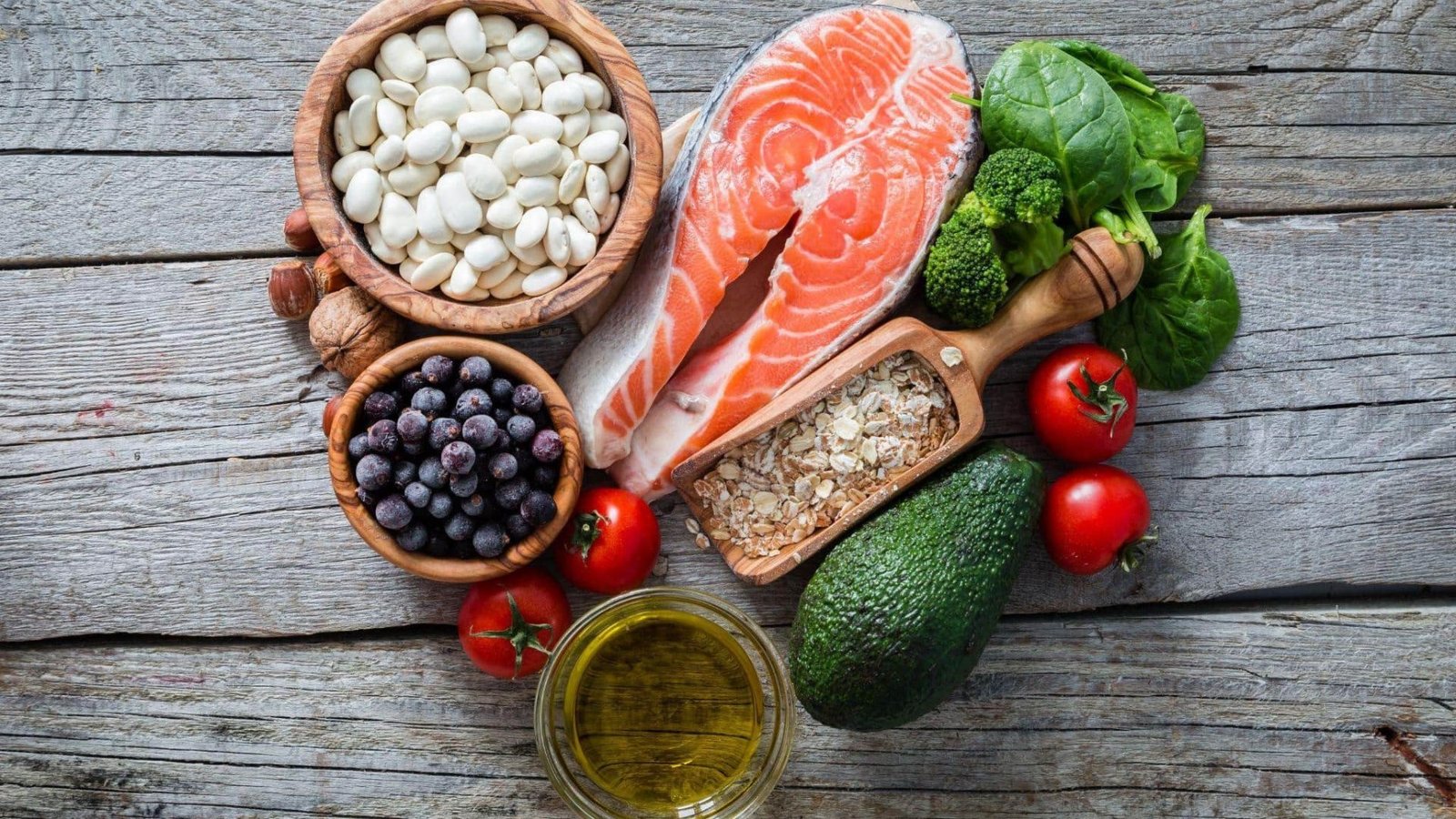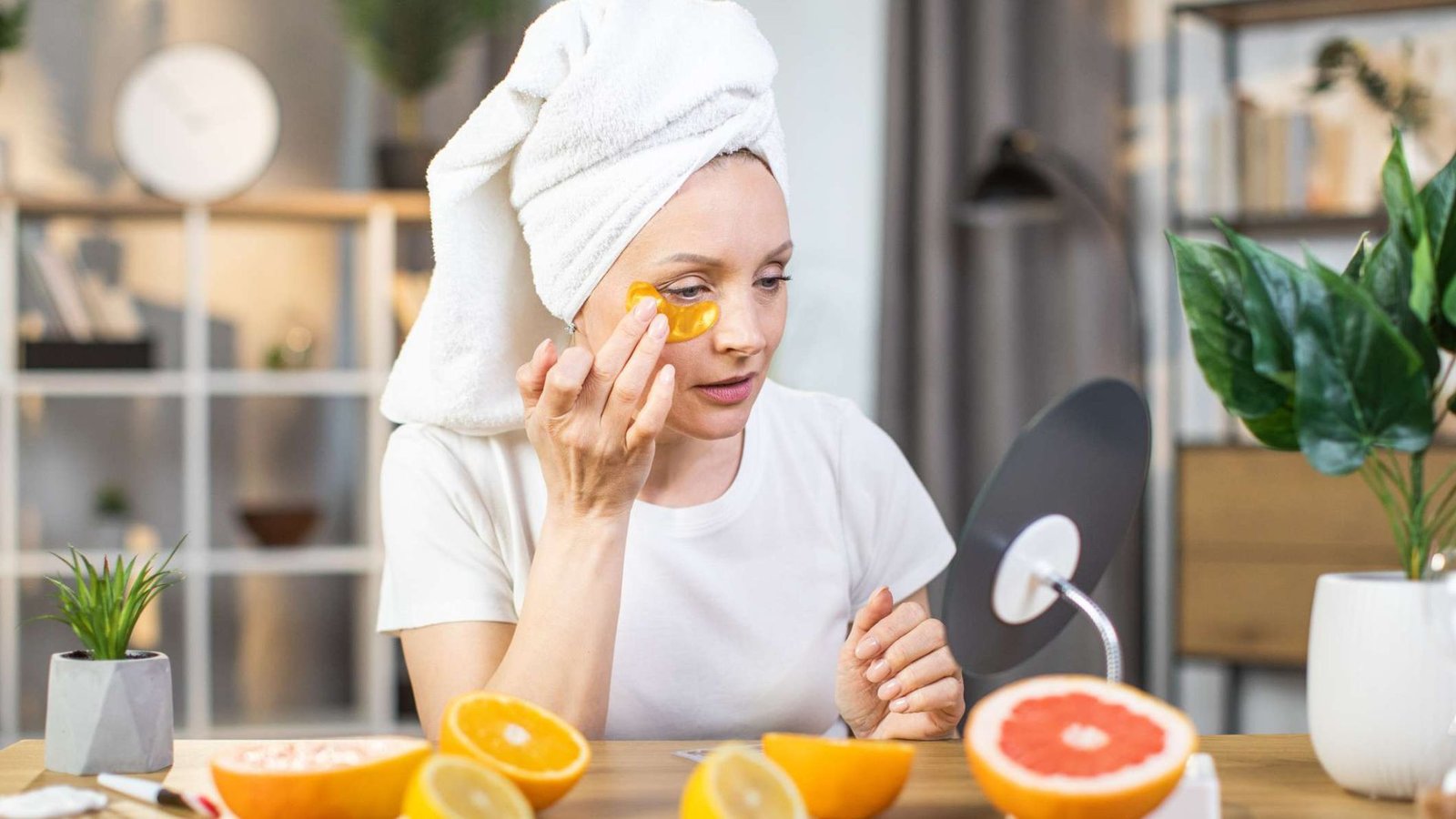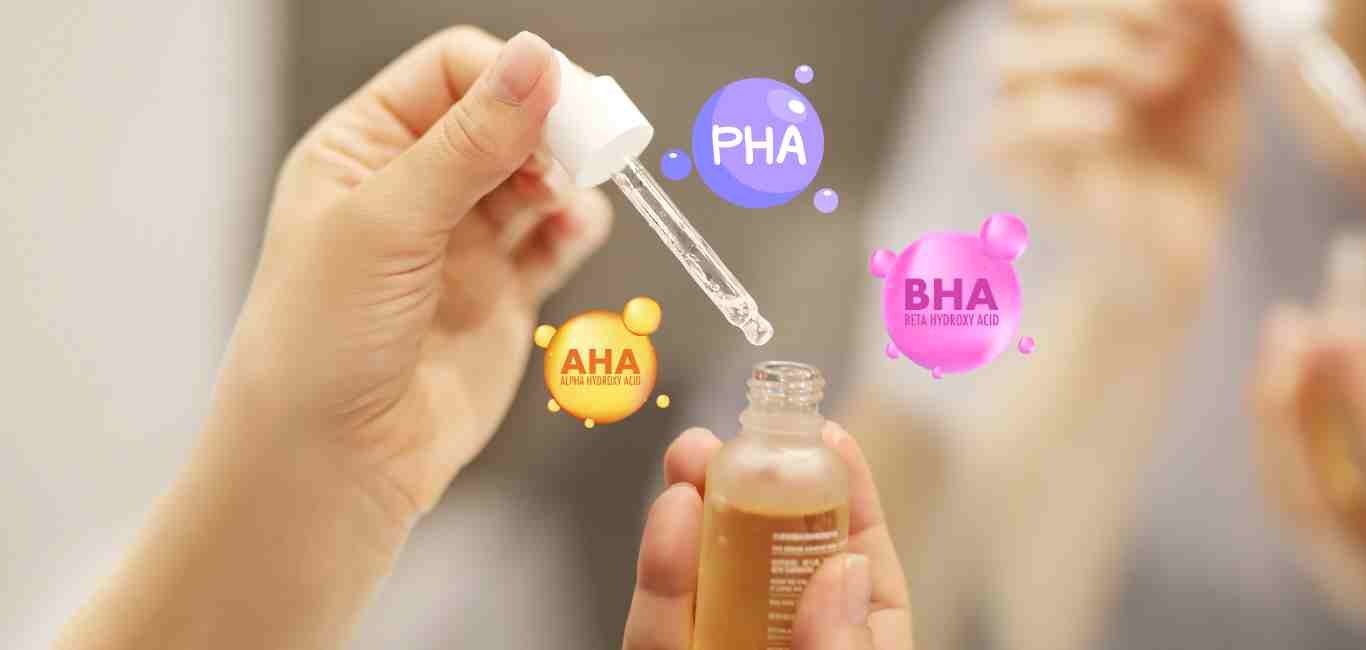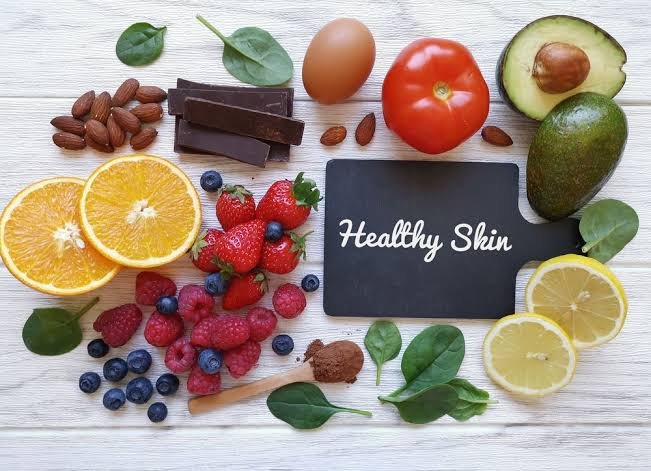What you eat can significantly affect the health of your skin. While skincare products are essential, your diet plays a crucial role in achieving clear, radiant skin. This guide will help you understand how specific foods impact your skin and what you should eat for a glowing complexion.

The Connection Between Diet and Skin Health
The skin reflects your internal health, and poor eating habits can contribute to acne, dryness, and other skin issues. Certain foods can trigger inflammation, excess oil production, or hormone imbalances that lead to breakouts. On the flip side, a balanced diet rich in vitamins, minerals, and antioxidants can help nourish and protect the skin from the inside out.
Foods to Include for Clear Skin
a) Omega-3 Fatty Acids
Omega-3s are healthy fats that help reduce inflammation, which is a major cause of acne. These fatty acids also keep the skin moisturized and improve elasticity.
Best Sources: Salmon, mackerel, chia seeds, flaxseeds, and walnuts.
b) Antioxidant-rich foods
Antioxidants protect the skin from free radicals, which can damage skin cells and accelerate aging. Eating antioxidant-rich foods helps maintain a youthful complexion and reduce blemishes.
Best Sources: Berries (blueberries, strawberries), spinach, kale, dark chocolate, and green tea.
c) Vitamin C
Vitamin C is essential for collagen production, which keeps the skin firm and smooth. It also helps lighten dark spots and protects the skin from environmental damage.
Best Sources: Oranges, kiwis, bell peppers, tomatoes, and broccoli.
d) Zinc
Zinc helps regulate oil production and can reduce acne breakouts. It also supports the skin’s ability to heal and repair itself.
Best Sources: Pumpkin seeds, chickpeas, lentils, quinoa, and beef.
e) Probiotics
A healthy gut is closely linked to clear skin. Probiotics improve digestion and reduce inflammation, which can prevent acne and other skin conditions.
Best Sources: Yogurt, kefir, sauerkraut, kimchi, and kombucha.
f) Water-Rich Foods
Hydration is key to healthy, glowing skin. Foods with high water content help keep your skin moisturized and flush out toxins.
Best Sources: Cucumbers, watermelon, celery, and lettuce.
3. Foods to Avoid for Better Skin
a) Sugary Foods
High-sugar foods can spike your insulin levels, leading to inflammation and increased oil production, which can cause acne.
Examples: Candy, pastries, soda, and sugary cereals.
b) Dairy Products
Some studies suggest that dairy may contribute to acne, especially in people sensitive to hormones in milk and other dairy products.
Examples: Milk, cheese, and ice cream.
c) Processed Foods
Processed and fast foods are often high in unhealthy fats and refined carbs, both of which can lead to skin inflammation and breakouts.
Examples: French fries, chips, packaged snacks, and fast food.
4. The Importance of Staying Hydrated
Drinking enough water is one of the simplest ways to improve your skin’s appearance. Staying hydrated helps flush out toxins, keep the skin moisturized, and improve elasticity. Aim to drink at least 8 glasses of water daily, and consider herbal teas as an added source of hydration.
5. Sample Skin-Friendly Meal Plan
Here’s a simple meal plan to get started on a diet for clear skin:
- Breakfast: Greek yogurt with mixed berries and a sprinkle of chia seeds.
- Lunch: Grilled salmon with a spinach and avocado salad, drizzled with olive oil.
- Snack: A handful of walnuts and a green tea.
- Dinner: Quinoa with roasted vegetables and a side of steamed broccoli.
- Dessert: Dark chocolate with fresh orange slices.
Conclusion
Your diet plays a critical role in maintaining clear, healthy skin. By incorporating nutrient-rich foods like omega-3s, antioxidants, and probiotics, while avoiding sugar, dairy, and processed foods, you can enhance your skin’s appearance and overall health. Remember, glowing skin starts from within!




